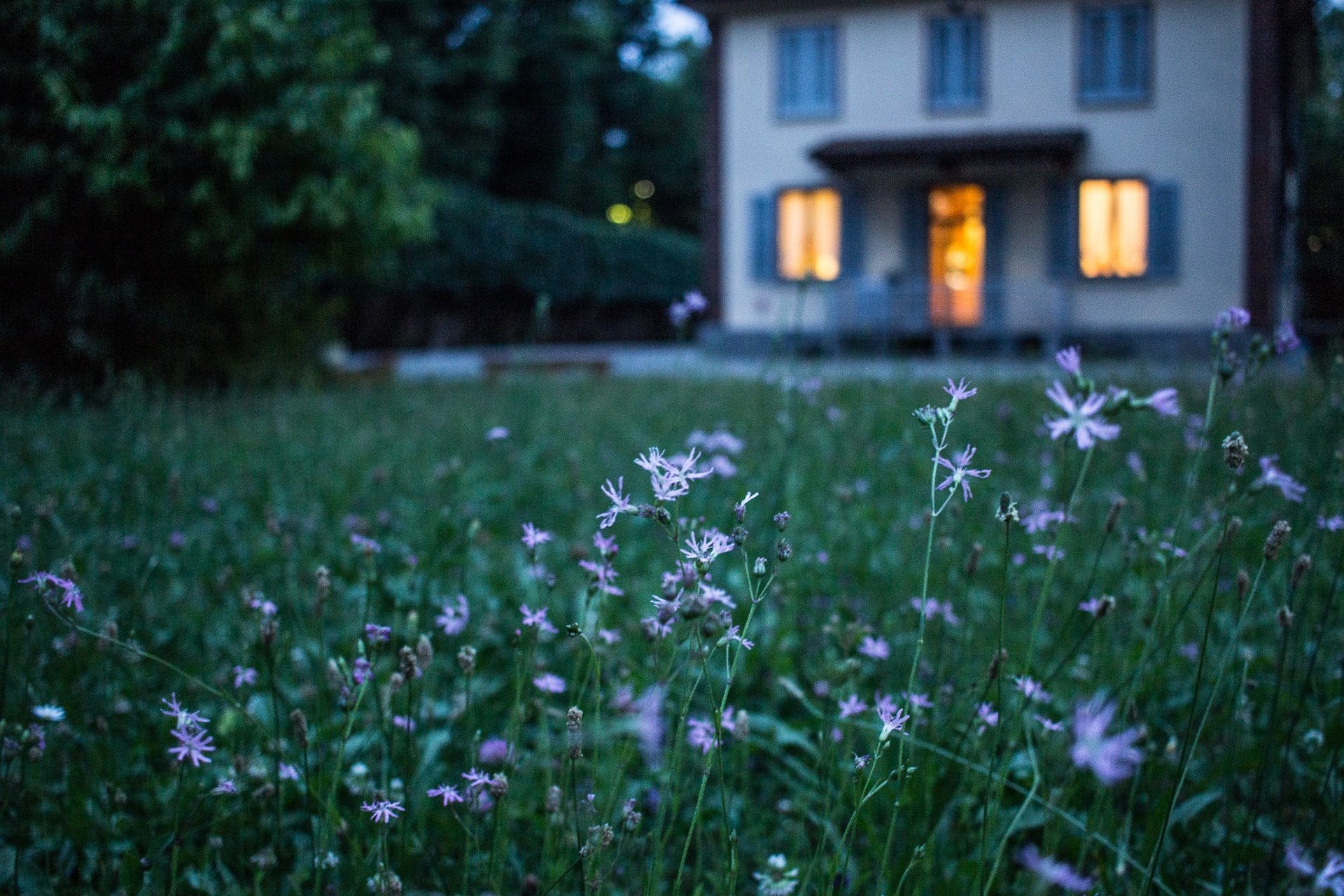If you're a homeowner or planning to buy a home, you've likely come across the terms "mortgage insurance" and "home insurance." While they may sound similar, they serve different purposes and play distinct roles in protecting your investment. In this comprehensive guide, we'll break down the differences between mortgage insurance and home insurance, helping you understand what each entails and how they safeguard your financial interests.
Is Home Insurance the Same as Mortgage Insurance?
It's a common misconception that home insurance and mortgage insurance are interchangeable terms. However, they serve different purposes and cover different aspects of homeownership. Let's explore each one separately.
Homeowners Insurance Overview
Homeowners insurance, also known as home insurance, is a vital protective measure for homeowners. It is a type of property insurance designed to cover the costs associated with damage or loss of your home and its contents.
Home insurance provides financial security by safeguarding your most significant investment against unforeseen events, such as fires, theft, natural disasters, and liability claims.
Mortgage Insurance Overview
On the other hand, mortgage insurance serves a different purpose. It is a financial safeguard for lenders and is required when a borrower makes a down payment of less than 20% on their home. The primary objective of mortgage insurance is to protect the lender in case the borrower defaults on the loan.
What is Home Insurance?
Now that we've clarified the distinction between the two, let's delve deeper into homeowners insurance.
Is Home Insurance Required?
Homeowners insurance is generally not required by law, but most mortgage lenders mandate it as a condition for granting a home loan. Since a home serves as collateral for the mortgage, lenders want to ensure that their investment is protected in the event of damage or loss.
What Does Homeowners Insurance Cover?
Homeowners insurance provides a wide range of coverage to protect your property and personal belongings. Here are some key items that are typically covered under a standard homeowners insurance policy:
- Dwelling Coverage: This covers the cost to repair or rebuild your home if it is damaged or destroyed by covered perils, such as fire, hail, windstorms, or vandalism.
- Personal Property Coverage: This covers the replacement or repair of your belongings, such as furniture, electronics, and clothing, if they are damaged or stolen.
- Liability Coverage: This provides protection if you are held legally responsible for injuries to others or damage to their property while on your premises.
- Additional Living Expenses Coverage: If your home becomes uninhabitable due to a covered peril, this coverage helps pay for temporary living expenses, such as hotel stays or rental properties.
- Medical Payments Coverage: This covers medical expenses for guests who are injured on your property, regardless of who is at fault.
- Other Structures Coverage: This covers structures on your property that are not attached to your home, such as a detached garage or a shed.
Is Homeowners Insurance Required?
While homeowners insurance is not legally required, it is a prudent financial decision to protect your investment and personal belongings. Without proper insurance coverage, you could face significant financial hardship in the event of a disaster or unexpected loss. Additionally, most mortgage lenders mandate homeowners insurance as a condition for loan approval, so it's essential to secure coverage before closing on your new home.
Do I need Home Insurance If My Mortgage Is Paid Off?
Once you've paid off your mortgage and fully own your home, you are no longer legally obligated to carry homeowners insurance. However, even if your mortgage is paid off, it's wise to keep your home insurance policy in place. Here are three reasons why:
- Asset Protection: Your home is likely one of your most valuable assets. Home insurance protects this asset against potential risks, ensuring that you are financially safeguarded in case of unexpected events.
- Personal Belongings Coverage: Even if your mortgage is paid off, you still have personal belongings and valuable possessions in your home. Home insurance provides coverage for your belongings, ensuring that you are compensated for any losses due to theft, fire, or other covered perils.
- Liability Protection: Homeowners insurance includes liability coverage, which protects you if someone is injured on your property and holds you legally responsible for their injuries. Without this coverage, you could be financially liable for medical expenses and legal fees.
Is Homeowners Insurance Included In My Mortgage?
No, homeowners insurance is not included in your mortgage payment. You are responsible for purchasing and maintaining your homeowners insurance policy separately from your mortgage. Once you secure a home insurance policy, you will pay the insurance premiums directly to your chosen insurance provider.





